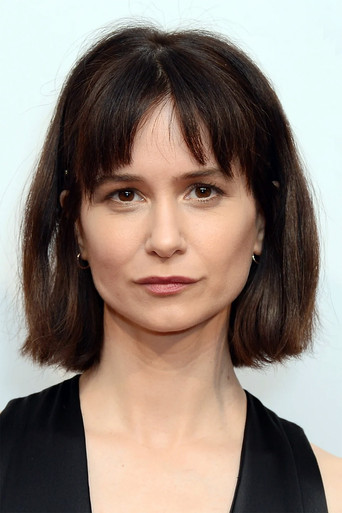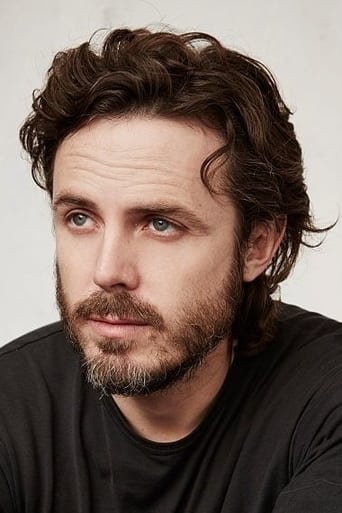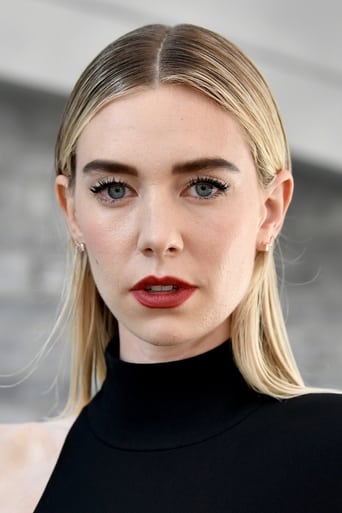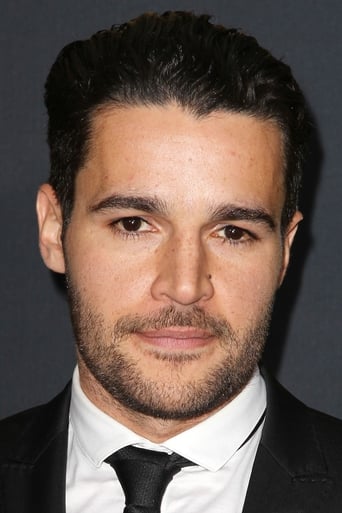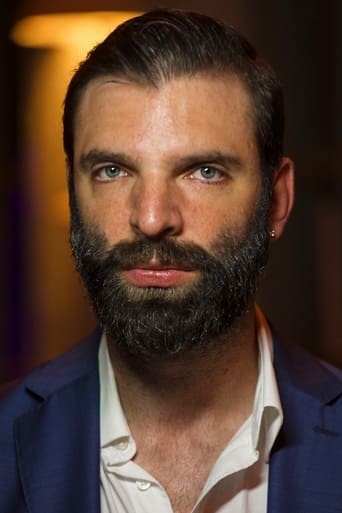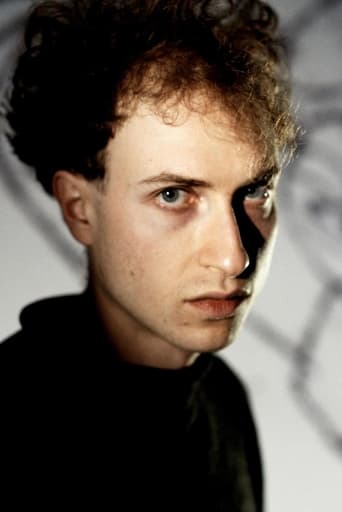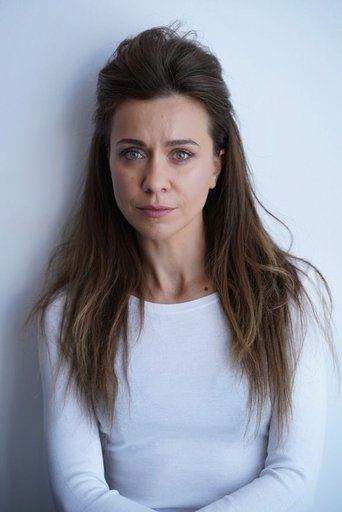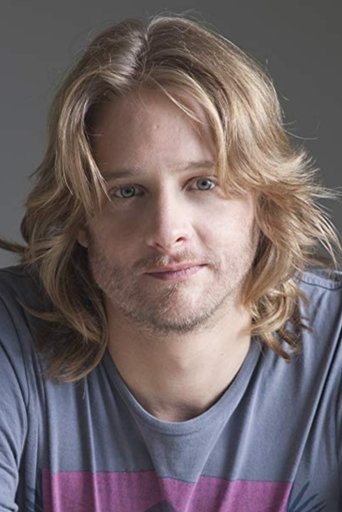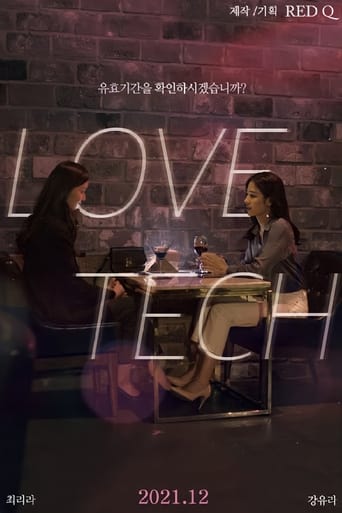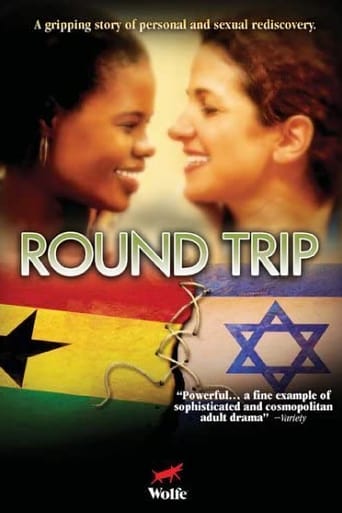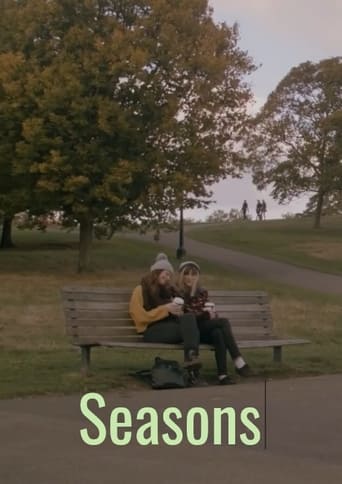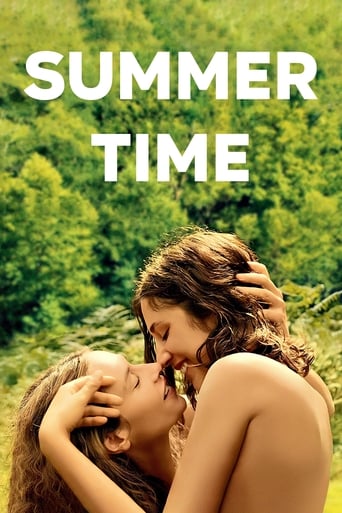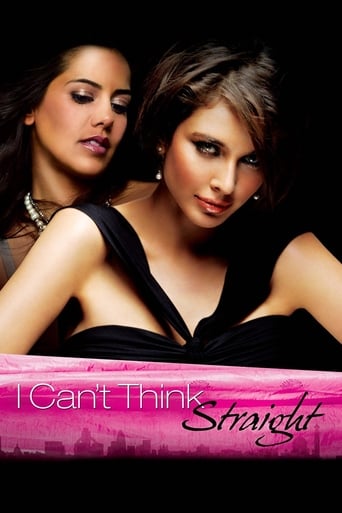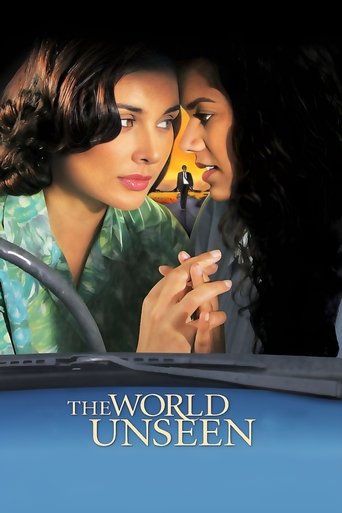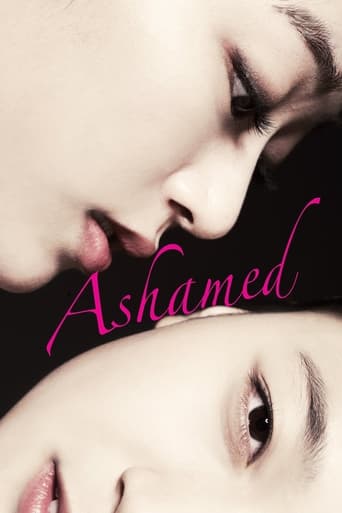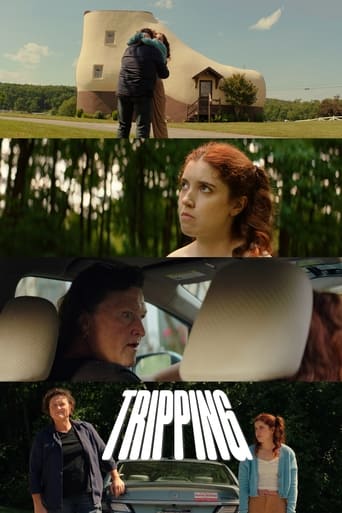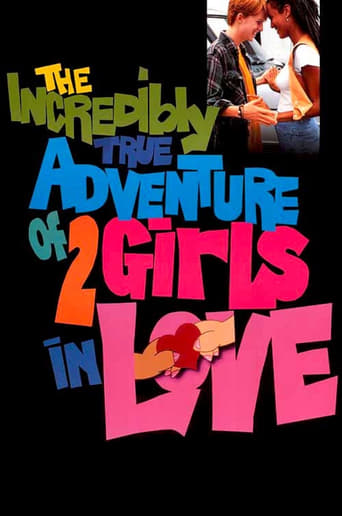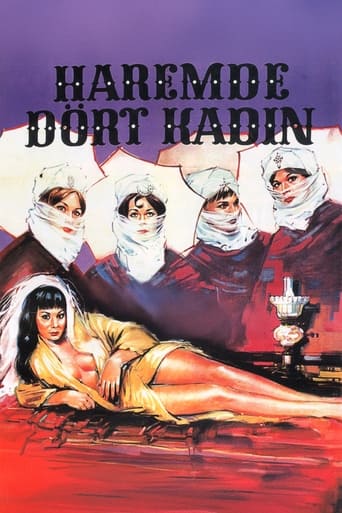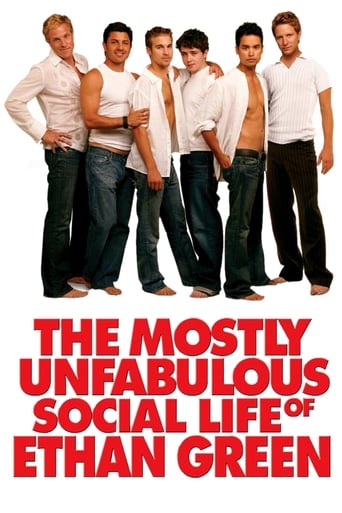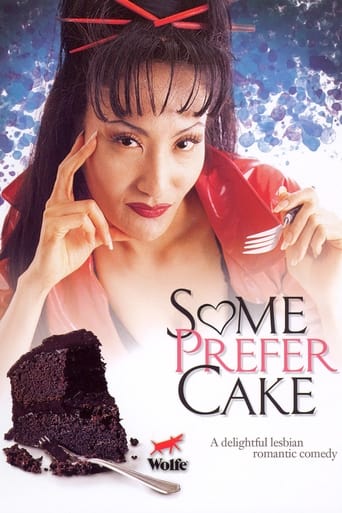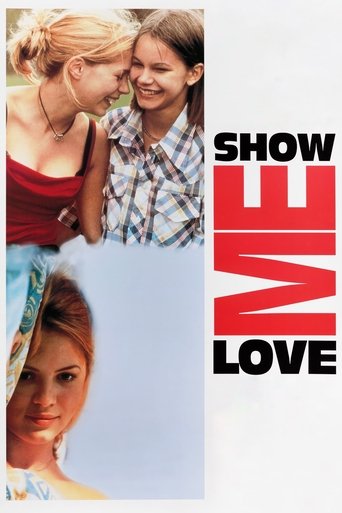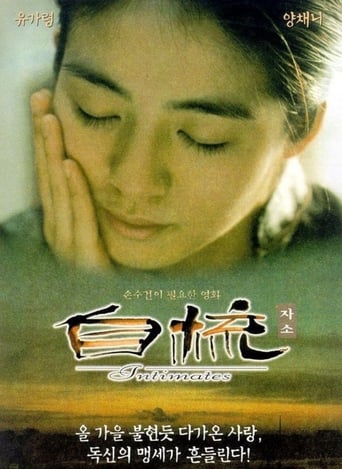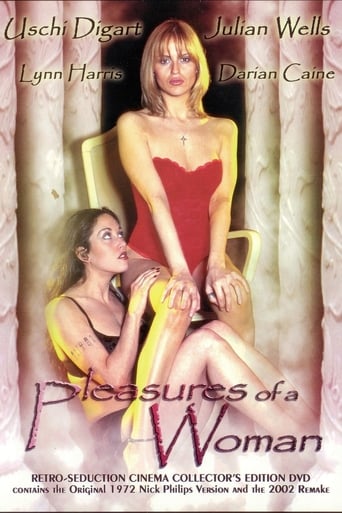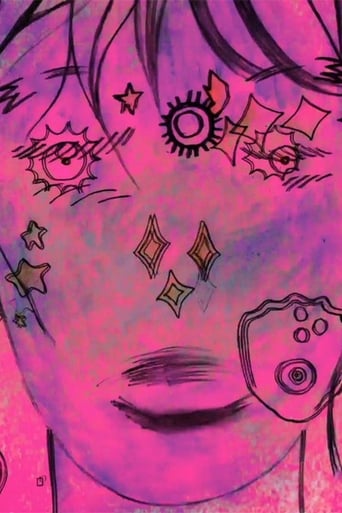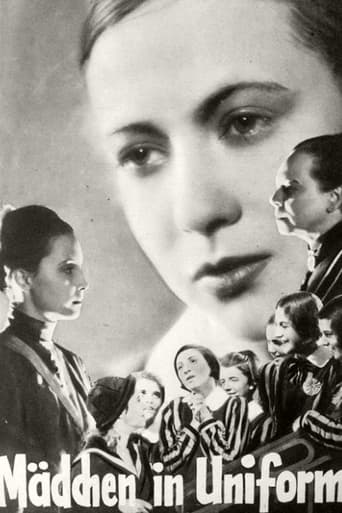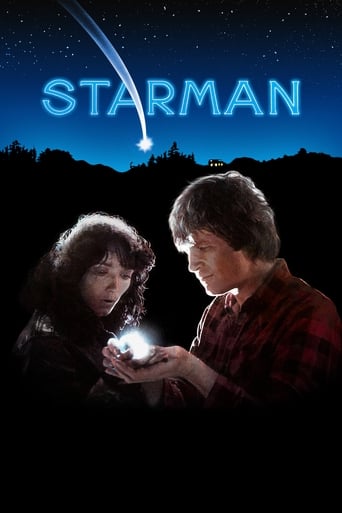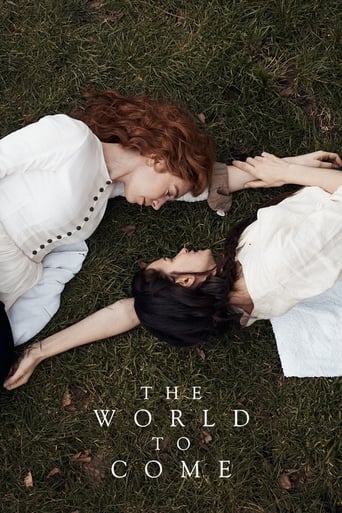
The World to Come (2021)
In 1856, two women forge a close connection despite their isolation on the American frontier.
- Mona Fastvold
- Ron Hansen
- Jim Shepard
- Jim Shepard
Rating: 7/10 by 334 users
Alternative Title:
未来世界 - CN
Il mondo che verra' - IT
Il mondo che verrá - IT
ข้าม-เขต-เพศ-รัก - TH
未來將至 - TW
Country:
France
Romania
Russia
United States of America
Language:
English
Runtime: 01 hour 45 minutes
Budget: $0
Revenue: $0
Plot Keyword: lesbian relationship, lesbian, intimate, tragic
If you enjoy reading my Spoiler-Free reviews, please follow my blog @ https://www.msbreviews.com I'm admittedly not the biggest lover of period pieces or romances set in past centuries. As weird and maybe even unfair as it might sound, in a general way, the dialogues always feel just way too poetic and overly sophisticated for my taste. When it comes to emotional investment in a character or in a relationship, I need realistic elements to grab on to: authentic development, lifelike conversations, and genuine performances. As much as this might upset some people, a film is different from a play or a book. For example, narration often works better in the latter's case than in a cinematic adaptation. This prologue serves as a disclaimer for every reader to understand that my opinion about movies within this genre isn't usually highly favorable. So, unless I strongly believe the film is a total disaster, I'll never not recommend it. With this said, I know I'll probably be in the minority regarding The World to Come, but it's yet another romantic drama that I struggle to really enjoy. It has plenty of remarkable technical aspects and some good performances, but concerning its story and characters, I find it to be quite underwhelming and less surprising than I expected. First of all, I also confess I have a problem with extensive voice-over throughout the entire runtime of any movie of any genre. Unless the narration holds some sort of unique quality, I find it difficult to be genuinely compelling or entertaining. Ron Hansen and Jim Shepard's screenplay has as much narration - a character's thoughts - as it has actual dialogues, which ultimately becomes a divisive aspect I was never comfortable with. On one hand, it undeniably adds substance to Abigail's emotions by thoroughly describing what she feels about everything and everyone, mainly Tallie, so it's obviously a crucial part of the narrative. On the other hand, it carries the exact same tone from beginning to end, without ever having bursts of energy, a humorous observation, or something different from the monotonous, dull sensation of hearing someone merely reading a script. Mona Fastvold employs a purposefully slow pace, which I actually find pretty adequate, but the admittedly well-developed relationship between the two women doesn't completely compensate for the otherwise unexciting story. Sadly, I don't believe I cared as much as I was supposed to about Abigail and Tallie. Regarding the husbands, I understand the necessity of making them look apathetic or extremely jealous so that the romantic relationship at the center of the film flourishes, but that partially hurts my interest in the movie. Even though it's not exactly the most captivating film I've seen lately, it still boasts two good lead performances from Katherine Waterson and Vanessa Kirby. Both share convincing chemistry that turns the intimate scenes more sincere. Technically, I must praise Daniel Blumberg's beautiful score, which might just be the element that truly kept my eyes on the screen. Jean Vincent Puzos's striking production design is hard to go unnoticed due to the wonderful scenery. Luminita Lungu's costume design feels appropriate, but it's really Blumberg's music that steals the spotlight. It's the only component of the movie I'm interested in returning to. The World to Come is yet another romantic drama set hundreds of years ago that unfortunately didn't fully convince me. Mona Fastvold's direction is quite strong, and she shows an excellent control of the purposefully slow pacing. However, Ron Hansen and Jim Shepard's screenplay relies too much on detailed narration that, despite adding some layers to its characters, ultimately becomes repetitive, overwhelming, and tiresome. Katherine Waterson and Vanessa Kirby try to keep the narrative afloat with two remarkable performances, but they can't compensate for the unsurprising, underwhelming storytelling. Gorgeous production/set/costume design elevate the film, but it's the vital musical score without which I would struggle to stay captivated that saves the overall viewing. Story-wise, the best compliment I can offer is that it enlightens its viewers about how women were mistreated at the time and how homosexual relationships have as much or more chemistry as a heterosexual one. Since I'm not the target audience, I still recommend it to fans of the genre. Rating: C
“The World to Come,” the film adaptation of Jim Shepard‘s 2017 short story of the same name, is just as sophisticated and lovely as the author’s elegant prose. Shepard also co-authored the screenplay (with Ron Hansen), and his eloquent writing makes for a lovely film about two women longing for intimacy in the 1800s. In upstate New York, Abigail (Katherine Waterston) is devastated by grief when her only child dies at the age of four. She does what she can to take care of the home and her farmer husband, Dyer (Casey Affleck). Between the cooking, cleaning, and milking cows, Abigail quietly pens diaries of her feelings, narrating the story from her point of view by reading from her ledgers. A little excitement comes into the woman’s life when newcomers Finney (Christopher Abbott) and Tallie (Vanessa Kirby) move to town. The two women instantly hit it off and soon learn that they share a much deeper connection than a simple friendship. Their desire leads to a secret affair, causing everyone’s way of life to crumble. There isn’t much to the story, but director Mona Fastvold‘s thoughtful, beautiful storytelling brings Shepard’s descriptive writing to life. There’s a simmering feminist undercurrent here too, as the film explores the harsh realities that women faced during this period in American History. It was a time when a woman’s self-worth was tied to her becoming a mother, and she was made to feel less than adequate if she could not or would not produce a child. It was a time when women were expected to perform certain duties, controlled by a domineering man or religion. Tallie and Abigail have two very different husbands, one is kind and the other cruel, and their love story is one exhilaration and sadness. Each are imprisoned in a life they can’t escape. The film features stellar performances from the entire cast, including some of the best career work yet from Kirby and Waterston. Affleck is reliable as a kind man who is full of empathy, while Abbott gives Finney just the right amount of reprehensible. The acting here is just as phenomenal as the writing, and when paired with Fastvold’s choreographed direction, makes “The World to Come” a stunning period drama.

